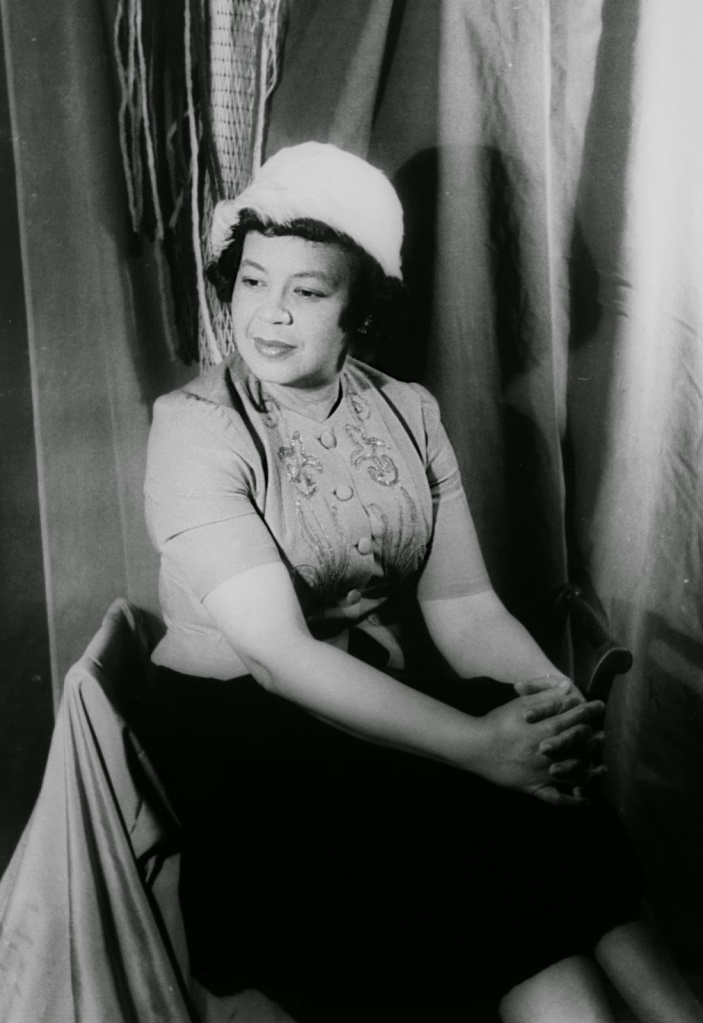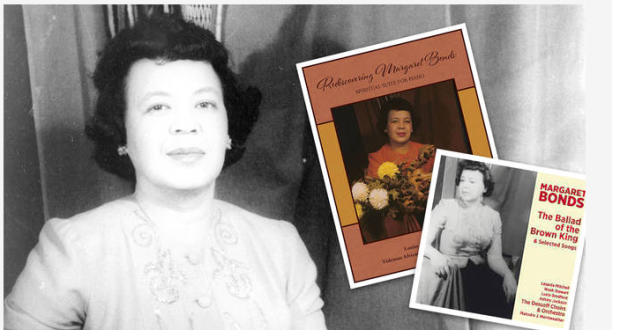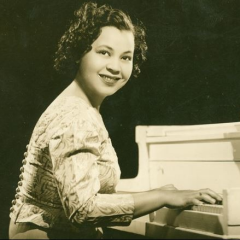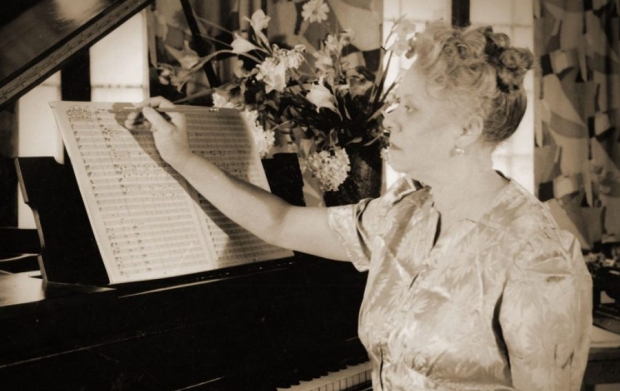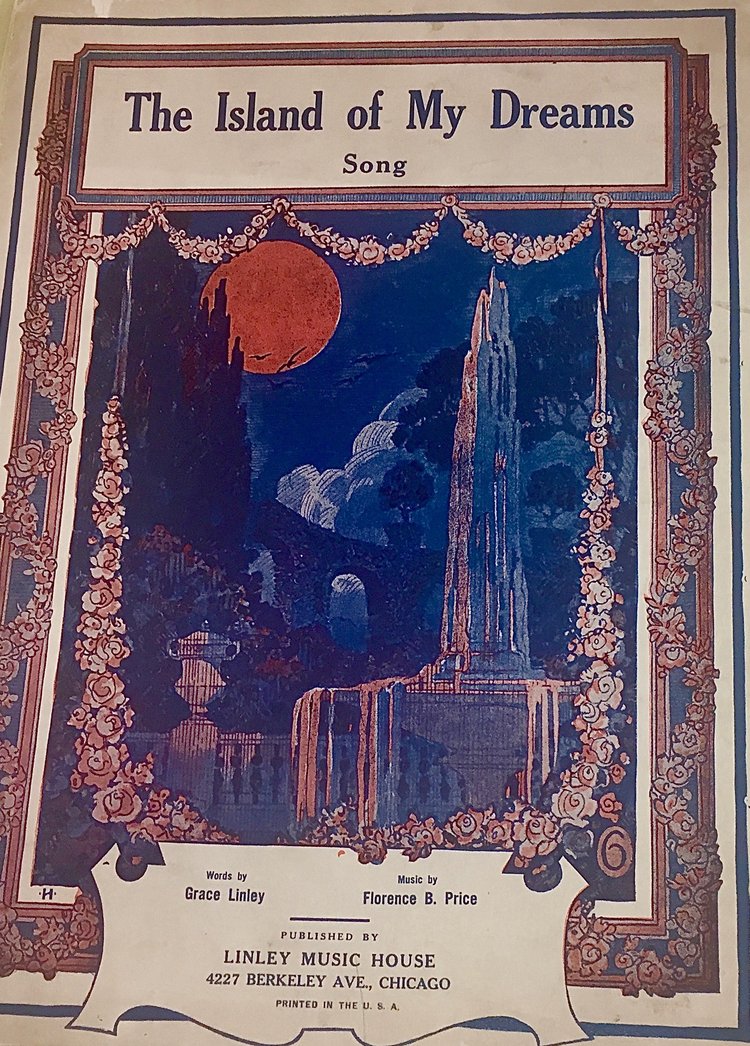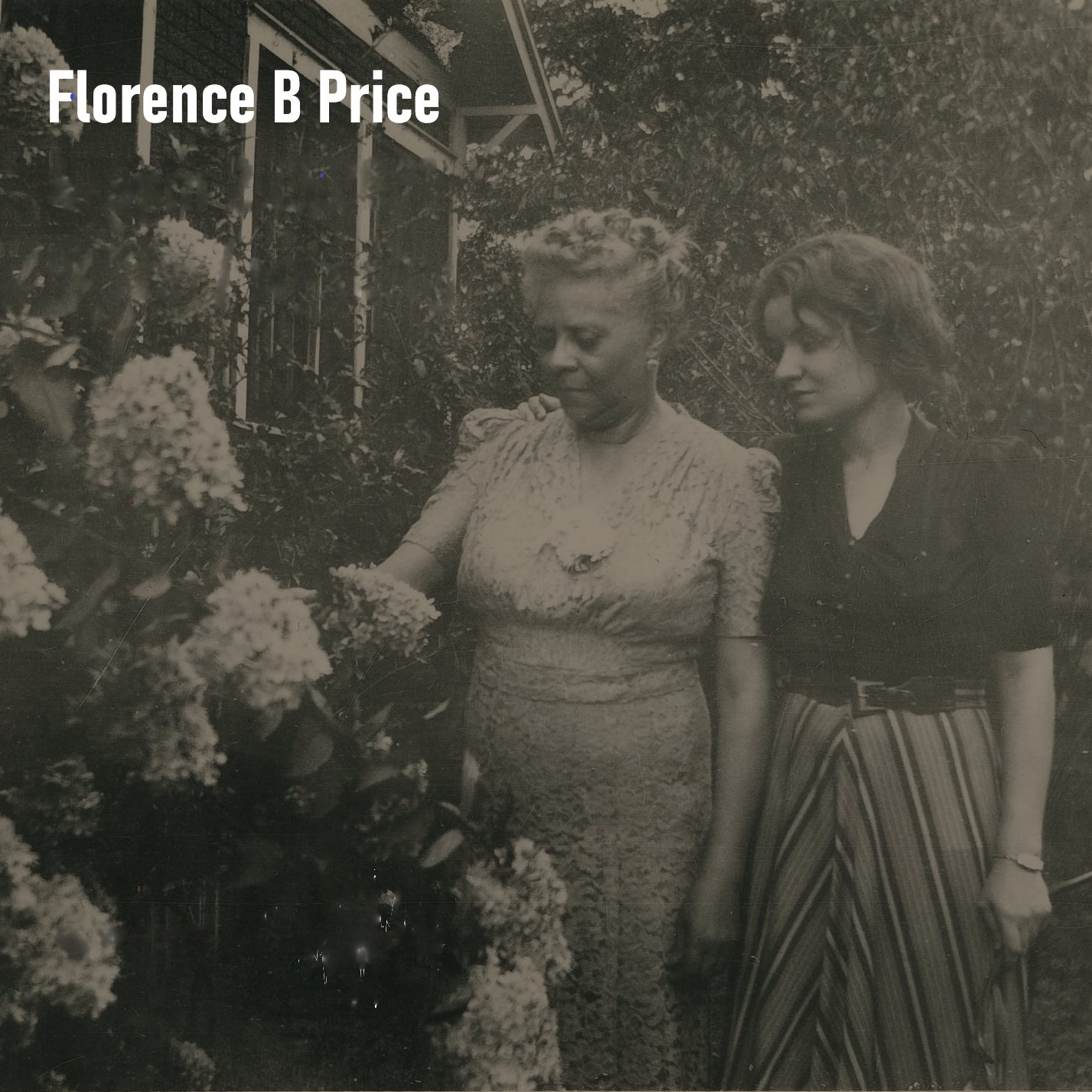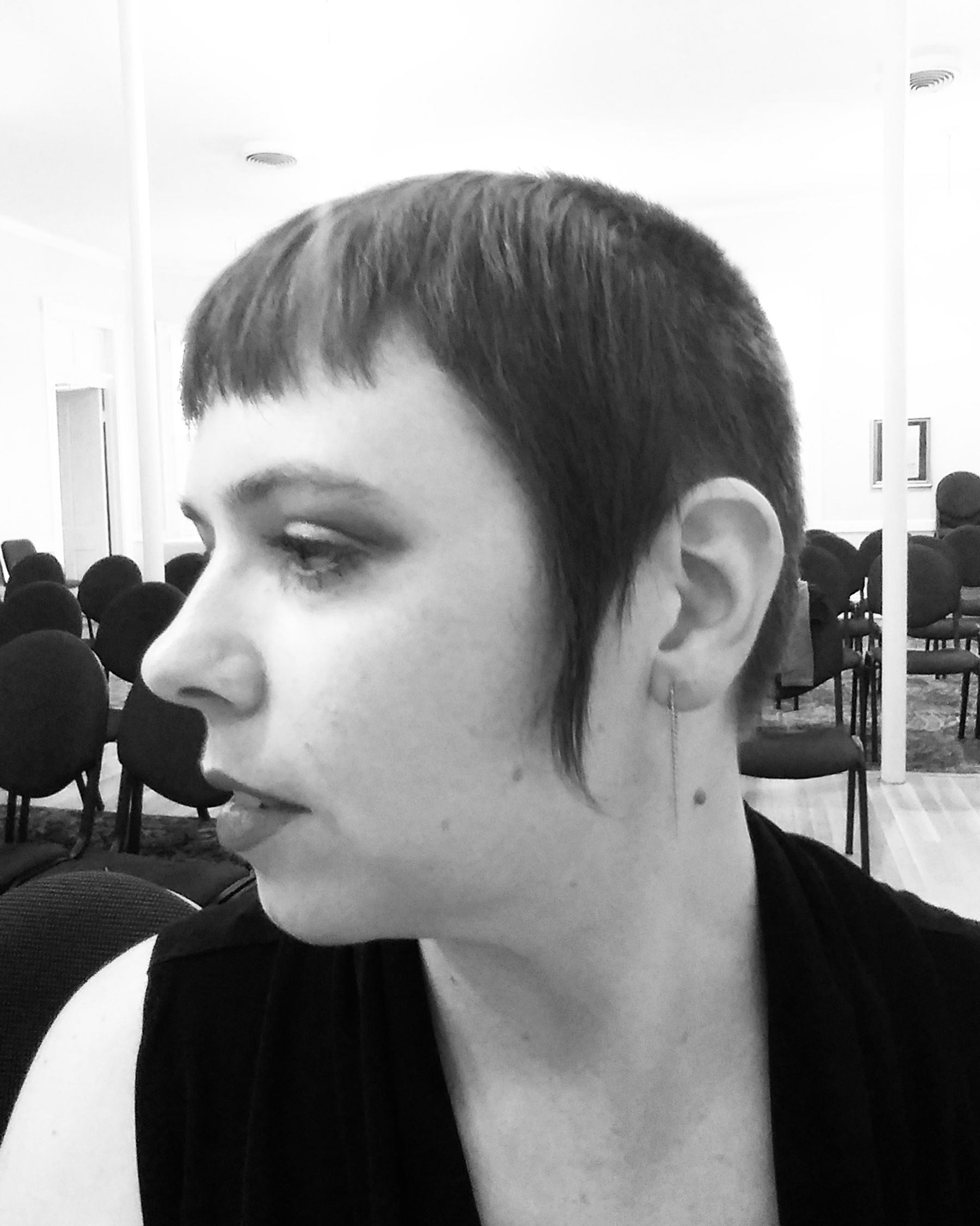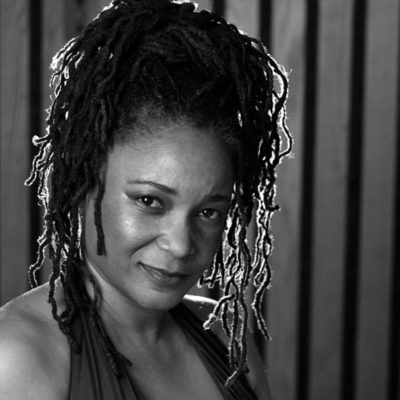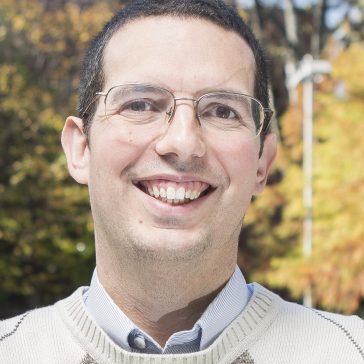On this episode of Sonosphere we highlight the life and compositions of composer Margaret Bonds. So many people who made invaluable contributions to classical music have been nearly lost to history or are underappreciated in their time. Bonds is one of those characters.
We learned more about her when we covered one of her mentors, American composer Florence B. Price earlier in 2021 – be sure to check out that episode. Bonds like Price is lesser known in the field of classical music – being both female and African-American – often not covered among classical European-based composers dominating the history of classical music.
Sonosphere has covered women in classical and electronic music, like Pauline Oliveros, and we hope to continue covering lesser known great composers of our time.
Today we are covering the life and composition of pianist and composer Margaret Bonds. Bonds was born in Chicago in 1913 to musical parents. Margaret Bonds was a music prodigy, and by age 13 she had begun to compose. At age 16 she enrolled at Northwestern University, where she won awards in piano and composition. Bonds experienced success as a performer and composer in the world of classical music, but she went beyond the limitations of the genre.
She wrote music for Cab Calloway, the Glenn Miller Orchestra, Louis Armstrong, and Woody Herman as well as radio and television specials. Later in life Bonds moved to Los Angeles where she taught at the Los Angeles Inner City Institute and at the Inner City Cultural Center and worked for the movie studios.
We interviewed Anna Celenza, author and professor of music at Georgetown University. She wrote a whole host of books featuring musicians like Duke Ellington, Vivaldi, Gershwin and Bach. Celenza also put together an archive on Margaret Bonds, the digital version is available online as part of Georgetown University Library.
We speak with her about the archive and more about Bonds.
While in Chicago, she regularly played piano at the Palmer House Hotel and tried her hand at songwriting. Activities such as these increased when she moved to New York in 1939. Many of her songs, like “Peachtree Street,” tapped into trends in popular culture. Others confronted social issues connected with civil rights. The lyrics to “Three Wise Monkeys” references the racist viewpoints of three southern politicians: Theodore Bilbo, Eugene Talmadge and John E. Rankin.
Bonds’ lifelong friendship with poet Langston Hughes yielded numerous settings of his poetry, including some of Hughes’ most iconic poems like I, Too and The Negro Speaks of Rivers. Bonds’ daughter, Djane Richardson, referred to Hughes as “Uncle Langston.”
Bonds died four years before the passage of the Copyright Act of 1976 and she didn’t leave a will. Her only heir, daughter Djane Richardson, died in 2011 without any heirs and also without leaving a will. The copyright status of Bonds’ work is unclear – no one knows, at this point, who controls the copyrights, which remain in effect for many more decades. As a result, performances and recordings of her music are complicated. One of Bonds’ largest and perhaps most important works–Montgomery Variations, written in 1965 during the Selma-to-Montgomery Freedom March and dedicated to Dr. Martin Luther King, Jr.–has never been performed. And it may not enter the public domain until 2042 at the earliest.
We are lucky however that much of her work is available. Her spiritual Troubled Water, has been recorded many times. Her Christmas cantata, The Ballad of the Brown King, which features the poetry of Langston Hughes, was performed recently at Georgetown University where Bonds’ archives are kept.
